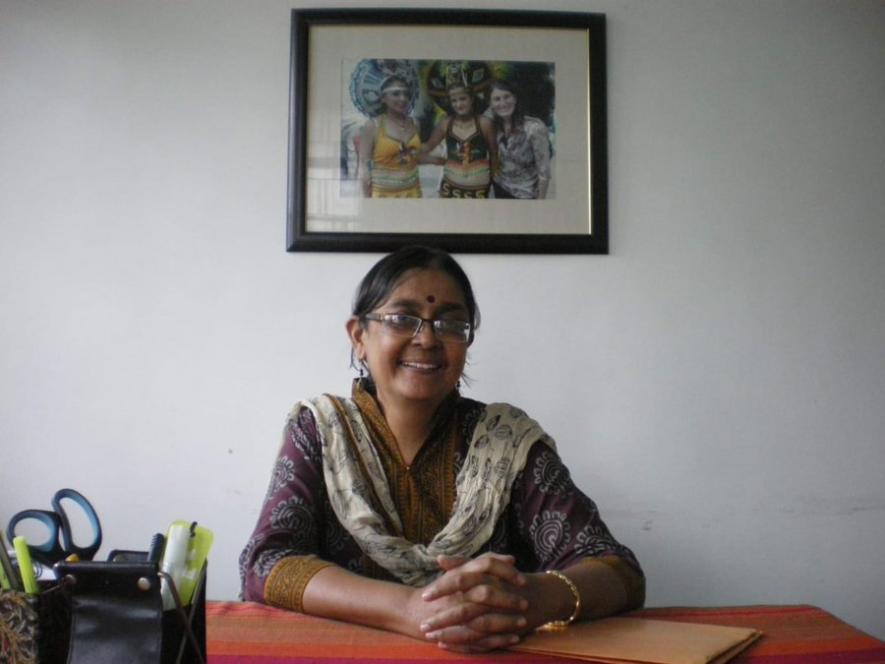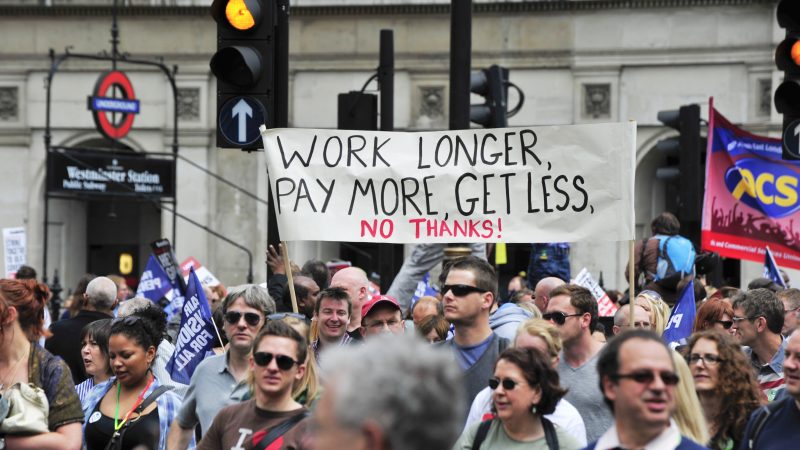
I AM assisting my youngest sister in the US on a documentary, which is part personal narrative, part investigation on the closure of a bank in the 1990s. As part of ‘research’, we have been watching documentaries together, to understand narrative arcs, styles, even camera techniques and last week were incredibly moved by To Kill a Tiger. I highly recommend watching it on Netflix. The documentary is about the gang rape of a 13-year-old girl in India who, with her parent’s support, chooses to pursue a criminal case.
It exposes the deep rot of misogyny, often guised under honour and shame and how men and women enforce patriarchal values. The female lawyer of the men accused of rape, along with women village members, ask why the young girl stayed out late. Sure, what the boys did was wrong, but what was her role in their action? The lawyer goes as far as saying she wouldn’t trust her own son.
This right here is the rot in our society, too.
It is a reminder that rape culture — trivialising violence against women — is prevalent in the rural and urban in the subcontinent. It is frightening how sexual violence been normalised. Not a minute goes by on social media where women are not threatened with rape and mutilation.
You can be covered head to toe in this country and still be raped.
Former prime minister Imran Khan blamed everyone but men for the rise in rape cases in 2021. In 2005, Gen Pervez Musharraf said women cried rape to get visas to Canada. The list of misogynist comments from political and religious leaders, and their women supporters who defended these comments as ‘taken out of context’ is shameful. Conversations on our screens rarely ask ‘why didn’t the rapist listen when the woman said no’ and focus on why the woman was out driving at 2am on the motorway or, of course, what she was wearing. You can be covered head to toe in this country and still be raped. You’re not even safe in a grave.
Documentaries like To Kill a Tiger, however, fill me with a sliver of hope because they shine a light on the brave men like the father who stood by his daughter and fought his community, his village, his detractors, and the system that makes it hard to get justice. He also had support from lawyers and activists who fought tirelessly with his family’s quest for justice.
Pakistani documentarians too have done good work in highlighting the social ills in this country but they don’t get airtime here; instead, they face abuse for shaming Pakistan. We should all watch Mo Naqvi’s documentary Pakistan’s Hidden Shame about sexual abuse of boys. Most of us will not leave our children alone with maulvi sahibs but think airing this issue is part of an international conspiracy to ‘get’ Pakistan.
Is it possible to at least reduce the burden on children and women who face rape stigma?
Two incidents, almost back to back, equally gruesome, have given me reason to pause and ask if we’re nearing a tipping point. The first was the video of a man filming his brother strangling their 22-year-old sister, as their father sat next to him and watched. It has been described as an honour crime when it should be called femicide, the worst form of gender-based violence.
The second centres around a maulvi from a banned religious outfit. First, a video surfaced of him in handcuffs, being berated by a police officer for raping a boy. Then his release was reported, following the boy’s father forgiving the assailant, reportedly due to an intervention by a religious scholar. I believe the state plans to prosecute the case now.
The other day, as I began to write this column — to berate the so-called champions of democracy who always fail their vulnerable citizens — Dawn reported a story about a man observing aitikaf raping a boy observing aitikaf in Muzaffargarh.
Social media is rightly fuming. The voices demanding an end to such vile crimes seem to outweigh the usual suspects deflecting or doing the whataboutery. I was heartened to see Mohammed Malick ask Allama Ibtisaam Zaheer tough questions on his TV show and others also report on the case. This is journalism at its finest.
Pakistan isn’t the country you grew up in. Its youngsters won’t stand idly by and watch these gross acts of injustice; they won’t be bullied into silence. Social media provides a platform to air demands which can no longer be ignored, even if you ban X etc. Something’s got to give. And it’s got to be the egos of the men in charge of this country who overlook rapists and terrorists because it suits … well … something.
That something has to change now — no ifs and buts or what-about-that-time-they-did-it? Our children need us and their abusers must be sent packing. We must not fear them anymore.
The writer is an instructor of journalism.
X: @LedeingLady
Published in Dawn, April 7th, 2024







